26th October 2022
The UN Secretariat for CITES has now issued its final assessment of listing proposals, recommending that the CITES parties reject the proposal at CoP19. These recommendations are not binding, but they are influential.Context
The AMA and its international partners, including NAMM and other MI associations and coordinated by the League of American Orchestras, monitor developments in the international regulation of endangered species through the CITES treaty. At the 2022 Conference of the Parties, to be held in November, several proposals deal with species used in musical instruments but the most prominent issue is Paubrasilia echinata, or Pernambuco wood used for bows.
Our international colleagues, feedback from members, and recommendation of environmental NGO Traffic, all point to issues with the proposal itself and the impact of the proposal (if passed) on musicians and the industry. There is an issue with exploitation of this species but the proposal includes technical issues that need to be addressed (such as adding an Annotation to an Appendix I listing, which is possible but unconventional, and the nature of the proposed Annotation) and there are implementation issues with an Appendix I listing including regulating already sold bows and regulating pernambuco stock that is yet to be turned into bows, both of which would not have a corresponding benefit for species protection.
The AMA is a signatory to an international statement on Pernambuco and has consulted with members and spoken to the Australian Government about this issue.
Recommendation
Excerpts from the CITES Secretariat’s recommendation:
- According to the supporting statement, at the national level in Brazil (only known range State of Brazil wood), a transfer from Appendix II to I would “not bring great changes since the Brazilian legislation does not allow the exploitation of the species in nature, allowing only planting registered with the environmental agency or material considered pre-convention and obtained in accordance with the Brazilian legislation”.
- The supporting statement sheds light on the illegal trade of P. echinata throughout its range in Brazil, but it is unclear how much of this is for international trade.
- there is a lack of evidence that the wild population today is small, that it has a restricted area of distribution or that it has experienced a marked decline. The proponent concludes that a transfer from Appendix II to I would not bring great changes to the regulation of trade and the purpose of the proposal is therefore rather unclear.
- Based on the information available at the time of writing, P. echinata does not meets the biological criteria in Resolution Conf. 9.24 (Rev. CoP17) Annex 1 for its inclusion in Appendix I.
The Secretariat recommends that this proposal be rejected.
What happens next?
The Conference of the Parties will be held in Panama in November. All proposals will be considered and may be amended on the floor of the conference, but can only be amended to become less restrictive. Therefore Brazil may propose a variation that would lead to some increase in protection of Pernambuco but less than the original proposal. There are some suggestions about how this could be done, including in Traffic’s report.
The outcome could theoretically (but unlikely) be acceptance of the original proposal, rejection of the proposal, or acceptance of an amended proposal.
The impact on the MI industry (particularly importers) will be known in November 2022, changes would take effect in January 2023.
References
